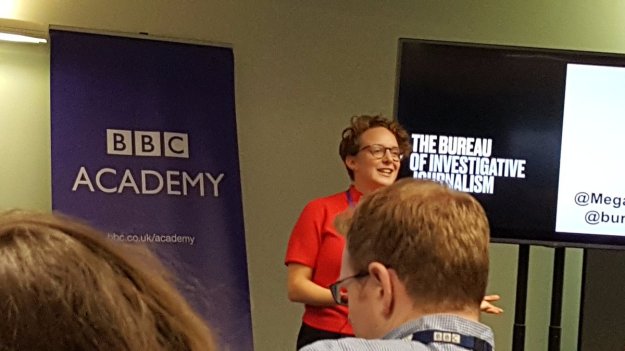Ofcom’s Damian Radcliffe produces a regular round-up of developments in hyperlocal publishing. In this guest post he cross-publishes his latest presentation for this summer, as well as the background to the reports.
Ofcom’s 2009 report on Local and Regional Media in the UK identified the increasing role that online hyperlocal media is playing in the local and regional media ecology.
New research in the report identified that
“One in five consumers claimed to use community websites at least monthly, and a third of these said they had increased their use of such websites over the past two years.”
That was two years ago, and since then, this nascent sector has continued to evolve, with the web continuing to offer a space and platform for community expression, engagement and empowerment.
The diversity of these offerings is manifest in the Hyperlocal Voices series found on this website, as well as Talk About Local’s Ten Questions feature, both of which speak to hyperlocal practitioners about their work.
For a wider view of developments in this sector, you may want to look at the bi-monthly series of slides I publish on SlideShare every two months.
Each set of slides typically outlines 20 recent hyperlocal developments; usually 10 from the UK and 10 from the US.
Topics in the current edition include Local TV, hyperlocal coverage of the recent England riots, the rise of location based deals and marketing, as well as the FCC’s report on The Information Needs of Communities.
Feedback and suggestions for future editions – including omissions from current slides – are actively welcomed.






